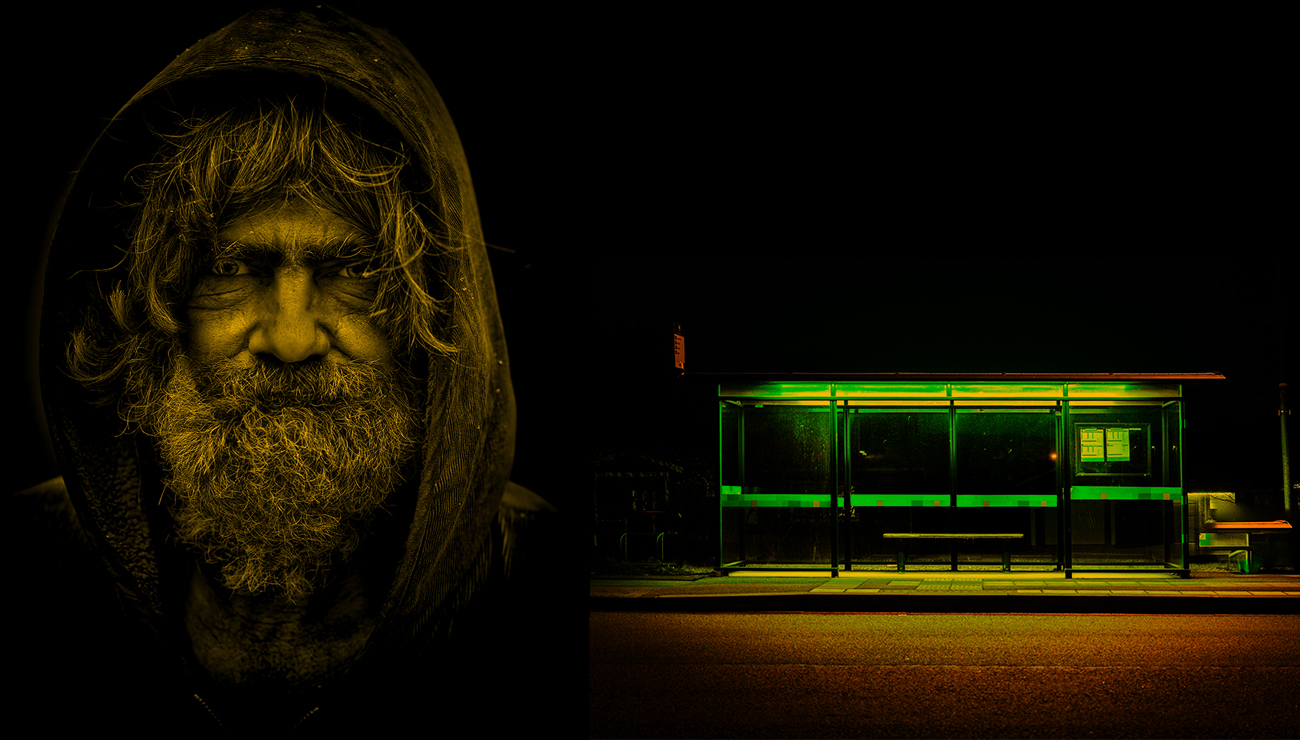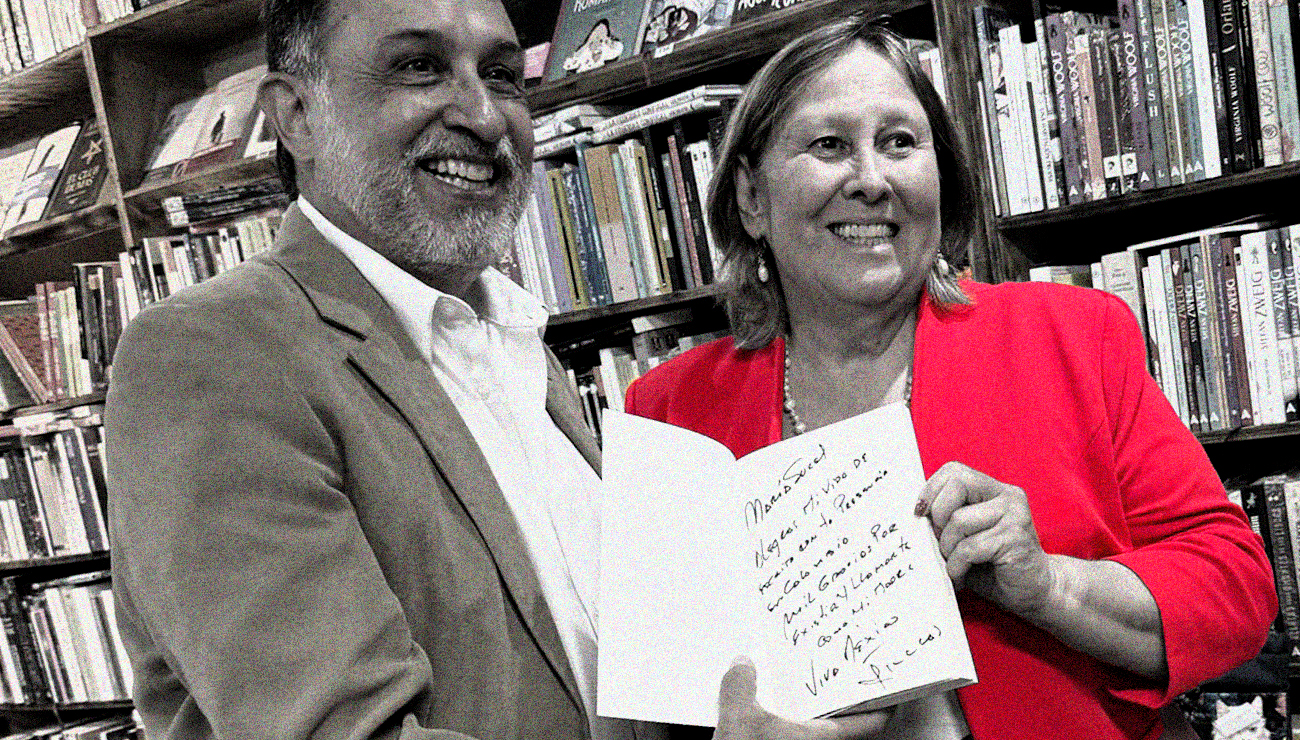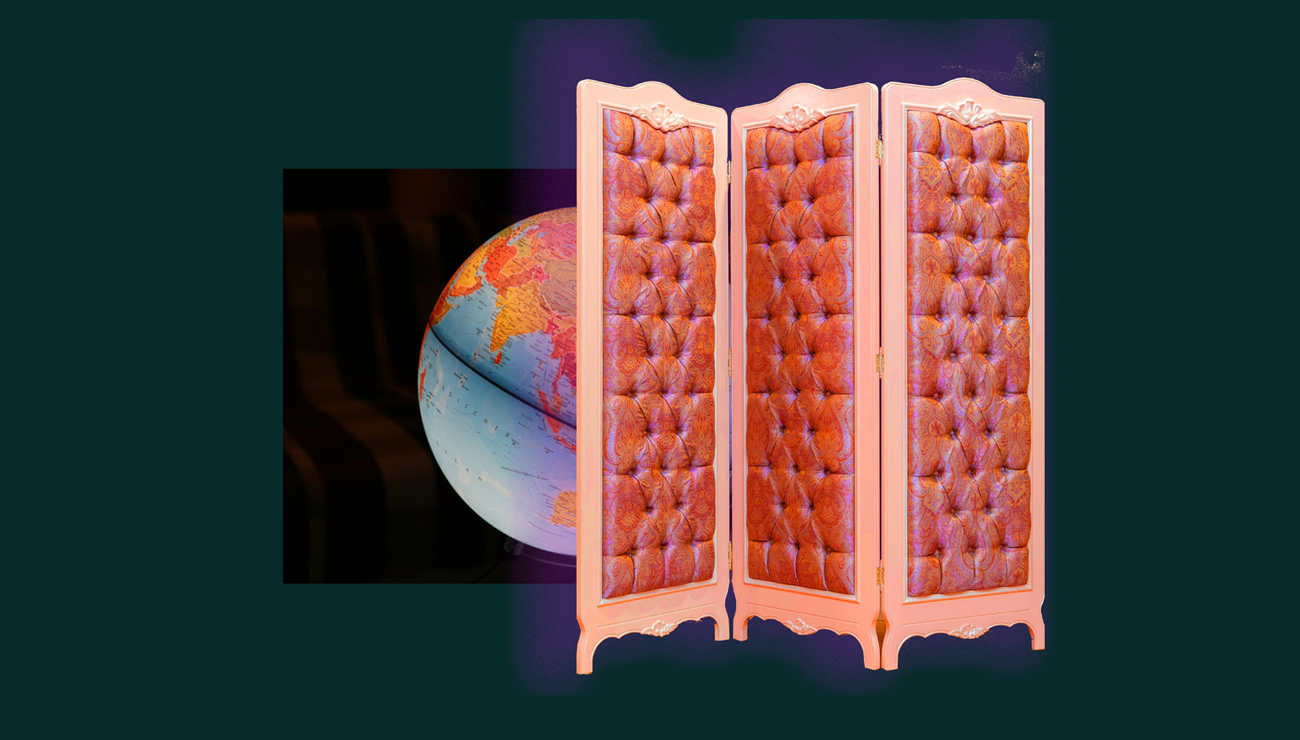
Fear as a Tool for Social Mutation: Between Power and Perception
Author: ©2024 William Castano-Bedoya
THREE-MILE CHRONICLES: Reflections on Fear
As I walked today, the nearly nonexistent soft Florida autumn breeze and the rustling of Miami’s leaves beneath my feet reminded me of how fleeting life is, and how fear, that constant shadow, can take many forms… That personal fear, so intrinsic to the human experience, seemed to surround me, not only within myself but in everyone around me. It was as though with every step, every breath, fear spread like an invisible web connecting us all. That day, as I walked my usual route, something changed. I reflected not only on the fear I felt but also on that collective fear we all share, a fear that feeds off the uncertainties that stalk us from every corner of the world.
Finished reading and want more? Your next favorite story is just a click away.
Explore my books!
A Planetary Choreography: Each Tragedy Serves as a Screen to Hide Another
William Castaño
William Castaño-Bedoya is an American writer based in Coral Gables, Florida. His literary fiction explores the ethical, psychological, and emotional structures that shape human relationships, focusing on love, vulnerability, and the tensions between power and compassion. His narrative voice is marked by interiority, silence, and moral inquiry, privileging emotional intelligence over spectacle. After a long career in marketing and creative leadership, he turned fully to literature, bringing a strategic understanding of contemporary human experience to his work. He is the author of several novels, including "The Intriguing Stillness of the Tides", "We the Other People", "Ludovico", "Flowers for Maria Sucel", "The Galpon", and "We’ll Meet in Stockholm".



